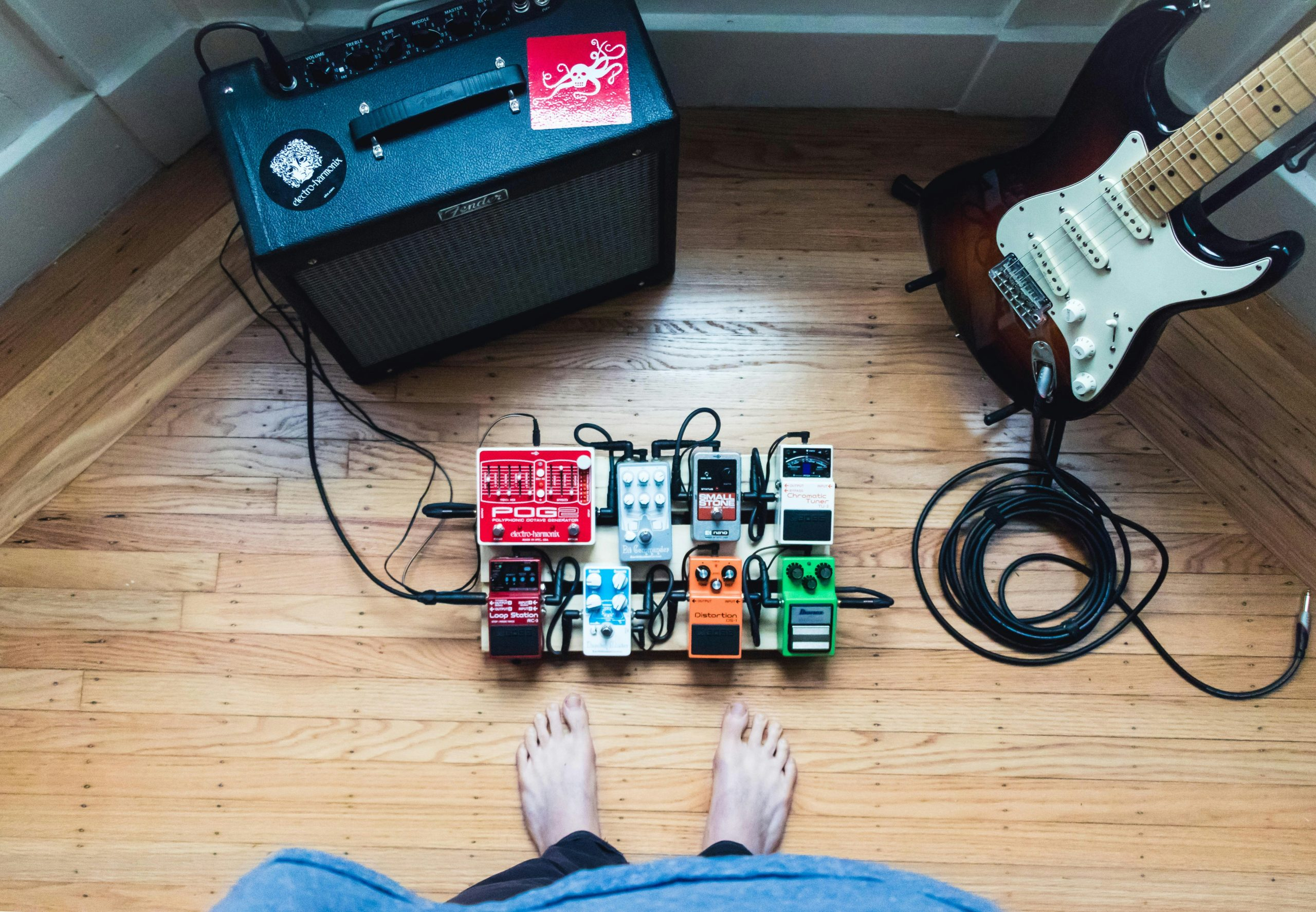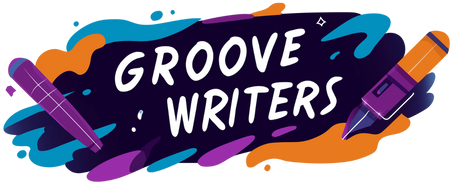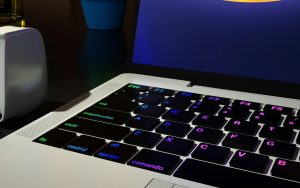How AI Is Changing the Way We Listen to Music
Music has always been an important part of our lives, and with advancements in technology, the way we listen to music has evolved drastically. One of the most exciting and groundbreaking advancements in the music industry is the use of Artificial Intelligence (AI). AI has completely changed the way we create, discover, and listen to music. With its endless capabilities and possibilities, AI is transforming the way we interact with music, making it more personalized, intuitive, and engaging. In this article, we’ll explore how AI is changing the way we listen to music and the impact it has on the industry and music lovers alike.
The Rise of AI in the Music Industry
The use of AI in the music industry has gained immense popularity over the past few years. With access to vast amounts of data, AI-powered technologies are able to analyze and understand trends and patterns in music consumption. This has led to the development of innovative tools and techniques that have revolutionized the way music is created, distributed, and consumed.
AI-Powered Music Creation
One of the most notable ways AI is changing the music industry is through its role in music creation. AI algorithms are able to analyze huge datasets of existing music to identify patterns and trends in different genres, styles, and instruments. This enables AI to generate new music compositions that are unique and often indistinguishable from music created by human musicians.
AI-powered tools such as the Magenta Project by Google and Flow Machines by Sony have been used to create entire albums, showcasing the endless possibilities of AI in music creation. This not only allows for the creation of new and innovative music, but it also provides opportunities for musicians to collaborate with AI, expanding their creativity and pushing the boundaries of music production.
Personalized Music Recommendations
AI-powered music streaming services such as Spotify, Pandora, and Apple Music use sophisticated algorithms to analyze user data and provide personalized music recommendations. By tracking user listening habits and preferences, AI is able to recommend new songs and artists that users are likely to enjoy.
These recommendations are based on factors such as genre, tempo, and mood, as well as user behavior such as skipping or rewinding songs. This not only ensures a more tailored listening experience for users but also helps artists reach new audiences and gain exposure.
The Impact of AI on Music Lovers
The use of AI in the music industry has greatly impacted the way music lovers interact with and consume music. With personalized recommendations and AI-generated music, music listeners are able to discover new music that aligns with their tastes and preferences. This promotes diversity in music consumption and allows for greater exploration of different genres and artists.
Moreover, the use of AI in music also makes it more accessible to people with disabilities. With the help of AI-powered technologies, people with visual or hearing impairments can experience music in new and meaningful ways.
The Future of Music with AI
The use of AI in the music industry is still in its early stages, but it is constantly evolving and improving. As AI technology continues to advance, we can expect to see even more innovative tools and techniques for music creation and consumption.
One of the most exciting developments in the future of music is the use of AI to enhance live performances. This could include AI-generated visuals or accompanying music, creating a multi-sensory experience for concert-goers.
Additionally, AI can also be used to predict and identify hit songs, which can have a huge impact on the music industry. By analyzing data and patterns, AI can help artists and record labels determine the best strategies for promoting and releasing new music.
Conclusion
The impact of AI on the music industry is undeniable, and it continues to shape and transform the way we listen to and create music. From personalized recommendations to AI-generated music, the possibilities are endless and exciting. While some may fear that AI will replace human musicians, it’s important to remember that AI is a tool that can enhance and inspire creativity, not replace it. With AI and human collaboration, we can expect to see even more groundbreaking developments and innovations in the world of music.










